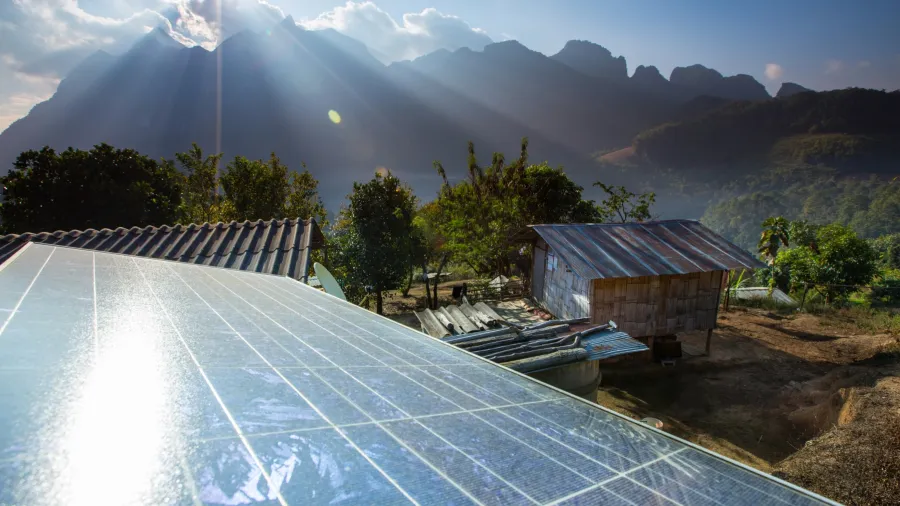
ACEN, AMI Renewables to develop Vietnam’s first grid-connected battery energy storage
The BESS will have a capacity of 7.5MWh.
ACEN and AMI Renewables, together with Honeywell, will be developing a 7.5-megawatt-hour battery energy storage system in Khanh Hoa, Vietnam.
The pilot project will be co-funded by a grant from the US Mission Vietnam. It will use a Honeywell energy storage system integrated into a 50MWp solar farm operated by AMI Khanh Hoa.
Read more: Vietnam’s energy transition faces hurdles due to gas-fired power growth
AMI Khanh Hoa is a subsidiary of AMI AC Renewables, the joint venture formed by ACEN and AMI Renewables.
“The success of the BESS project at AMI Khanh Hoa will be among the achievements for the bilateral cooperation relationship in technological, technical, and economic development between the US and Vietnam, and help contribute to Vietnam’s target of Net Zero emissions by 2050,” Nguyen Nam Thang, AMI AC Renewables CEO, said.








![Cross Domain [Manu + SBR + ABF + ABR + FMCG + HBR + ]](https://cmg-qa.s3.ap-southeast-1.amazonaws.com/s3fs-public/styles/exclusive_featured_article/public/2025-01/earth-3537401_1920_4.jpg.webp?itok=WaRpTJwE)
![Cross Domain [SBR + ABR]](https://cmg-qa.s3.ap-southeast-1.amazonaws.com/s3fs-public/styles/exclusive_featured_article/public/2025-01/pexels-jahoo-867092-2_1.jpg.webp?itok=o7MUL1oO)









 Advertise
Advertise


